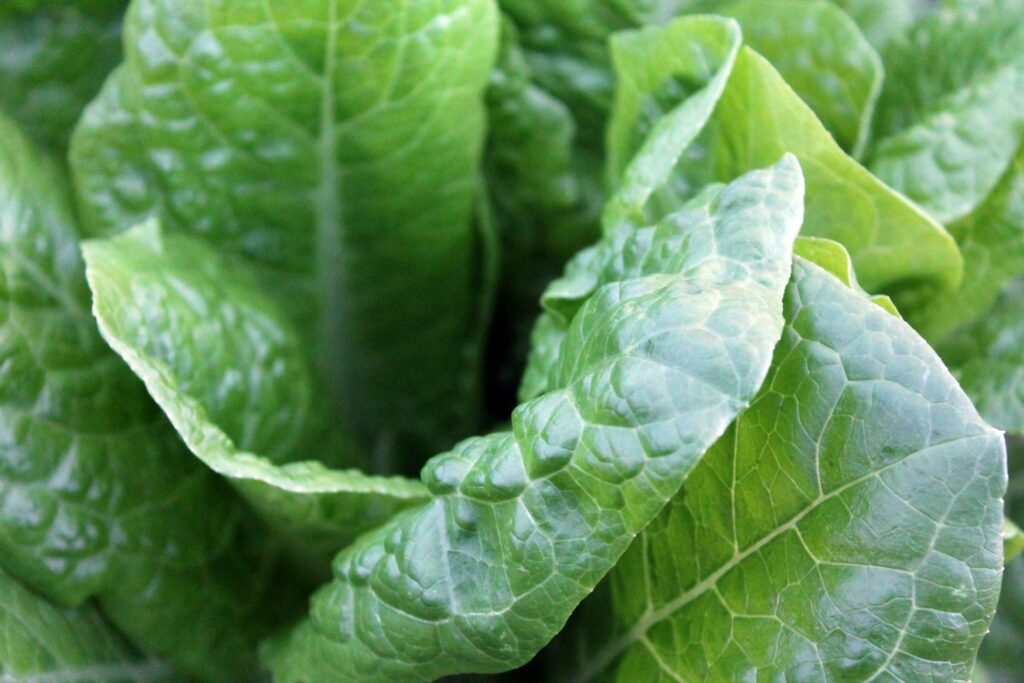In recent years, organic foods have gained significant traction among health-conscious consumers. The term “organic” refers to the way agricultural products are grown and processed. Organic farming practices are designed to encourage soil and water conservation and reduce pollution.
But what exactly are the health benefits of organic foods, and why should you consider incorporating them into your diet? This article explores the potential of organic foods for better health.
Understanding Organic Foods
Organic foods are produced using processes that do not involve synthetic pesticides, chemical fertilizers, genetically modified organisms (GMOs), antibiotics, or growth hormones. The emphasis is on natural processes and ingredients. Here’s a closer look at what makes organic foods different:
- No GMOs: Organic standards disallows the use of genetically modified organisms.
- No Synthetic Herbicides or Pesticides: Organic farming avoids synthetic chemicals, which can leave residues on food and impact health.
- Animal Welfare: Organic livestock are raised without antibiotics or hormones and are provided with organic feed and access to the outdoors.
- Sustainable Practices: Organic farming emphasizes environmental sustainability, promoting healthier ecosystems.
Nutritional Benefits of Organic Foods
Higher Nutrient Content
Studies have demonstrated that organic foods usually contain higher levels of certain nutrients compared to their conventionally-grown counterparts. For example:
- Antioxidants: Organic fruits and vegetables usually have higher levels of antioxidants, such as flavonoids, which can reduce the risk of chronic diseases.
- Vitamins and Minerals: Organic crops may have higher concentrations of essential vitamins and minerals like vitamin C, iron, magnesium, and phosphorus.
Reduced Chemical Exposure
One of the most significant advantages of organic foods is the reduction in exposure to harmful chemicals.
- Pesticide Residues: Organic foods typically have lower levels of pesticide residues. Pesticide exposure has been associated with various health issues, including hormonal disruptions and increased cancer risk.
- Antibiotic Resistance: Organic meat and dairy products are free from antibiotics, reducing the risk of antibiotic resistance, a major public health concern.
Organic Foods and Gut Health
The gut microbiome plays an important role in overall health, affecting everything from digestion to immune function and mental health. Organic foods can contribute positively to gut health in several ways:
Rich in Prebiotics
Organic foods, particularly fruits, vegetables, and whole grains, are rich in prebiotics—non-digestible fibers that feed beneficial gut bacteria. Examples include:
- Organic Apples: High in pectin, a type of fiber that acts as a prebiotic.
- Organic Asparagus and Garlic: Contain inulin, another beneficial prebiotic fiber.
Free from Antibiotics
Organic livestock are not treated with antibiotics, which means organic meat and dairy products are less likely to contribute to the disruption of the gut microbiome.
Lower Glyphosate Exposure
Glyphosate, a common herbicide used in conventional farming, has been shown to disrupt gut bacteria. Organic farming avoids glyphosate, reducing the potential for gut health issues.
Environmental and Ethical Benefits
Opting for organic foods is not just about personal health; it’s also about the health of the planet and ethical considerations:
Environmental Sustainability
Organic farming practices support environmental health by:
- Reducing Pollution: Avoiding synthetic pesticides and fertilizers helps protect water quality.
- Promoting Biodiversity: Organic farms often have more diverse ecosystems.
- Improving Soil Health: Organic farming practices like crop rotation and composting enhance soil fertility and structure.
Animal Welfare
Organic livestock farming adheres to high standards of animal welfare, including:
- Humane Treatment: Animals are given space to roam and are not subjected to overcrowding.
- No Hormones or Antibiotics: Animals are raised without growth hormones and routine antibiotics.
How to Incorporate Organic Foods into Your Diet
Transitioning to a diet rich in organic foods can be simple and rewarding. Here are some tips to get started:
Start with the Dirty Dozen
The Environmental Working Group (EWG) publishes a list of the “Dirty Dozen”—fruits and vegetables with the highest pesticide residues. Prioritize buying these foods organic to reduce chemical exposure.
Explore Farmers’ Markets
Local farmers’ markets are excellent places to find fresh, seasonal organic produce. Buying locally can also reduce the environmental impact associated with food transportation.
Grow Your Own
If you have the space, consider starting a small organic garden. Growing your own organic fruits and vegetables can be satisfying and cost-effective.
Focus on Whole Foods
Whole foods, such as fruits, vegetables, grains, and lean proteins, are more likely to be available in organic varieties. Incorporate a variety of these foods into your meals.
Read Labels Carefully
When shopping for organic products, look for certification labels like USDA Organic. These labels ensure that the food meets strict organic standards.
Frequently Asked Questions
1. Is food that is organic always healthy?
Even though eating organic food has many health advantages, it’s still important to eat a balanced diet that incorporates a range of nutrient-dense foods.
2. Do organic foods cost more money?
Because of the production costs, organic foods can be a bit costlier compared to conventional ones; however, the long-term health gains exceed the initial outlay.
3. What is a cost-effective way for me to switch to an organic diet?
For more affordable options, check for nearby farmers’ markets, sign up for a community-supported agriculture (CSA) program, and make buying organic foods your priority.
Conclusion
The potential of organic foods for better health is substantial. From higher nutrient content and reduced chemical exposure to improved gut health and environmental benefits, choosing organic foods can positively impact both personal well-being and the planet.
By making informed choices and incorporating more organic foods into your diet, you can take a significant step toward a healthier, more sustainable lifestyle.
Note that the benefits of eating organic foods include their capacity to support general well-being, save the environment, and nourish your body. For a healthier you, start increasing the amount of organic food in your diet right now. Embrace the power of organic foods and experience the difference they can make in your life.


